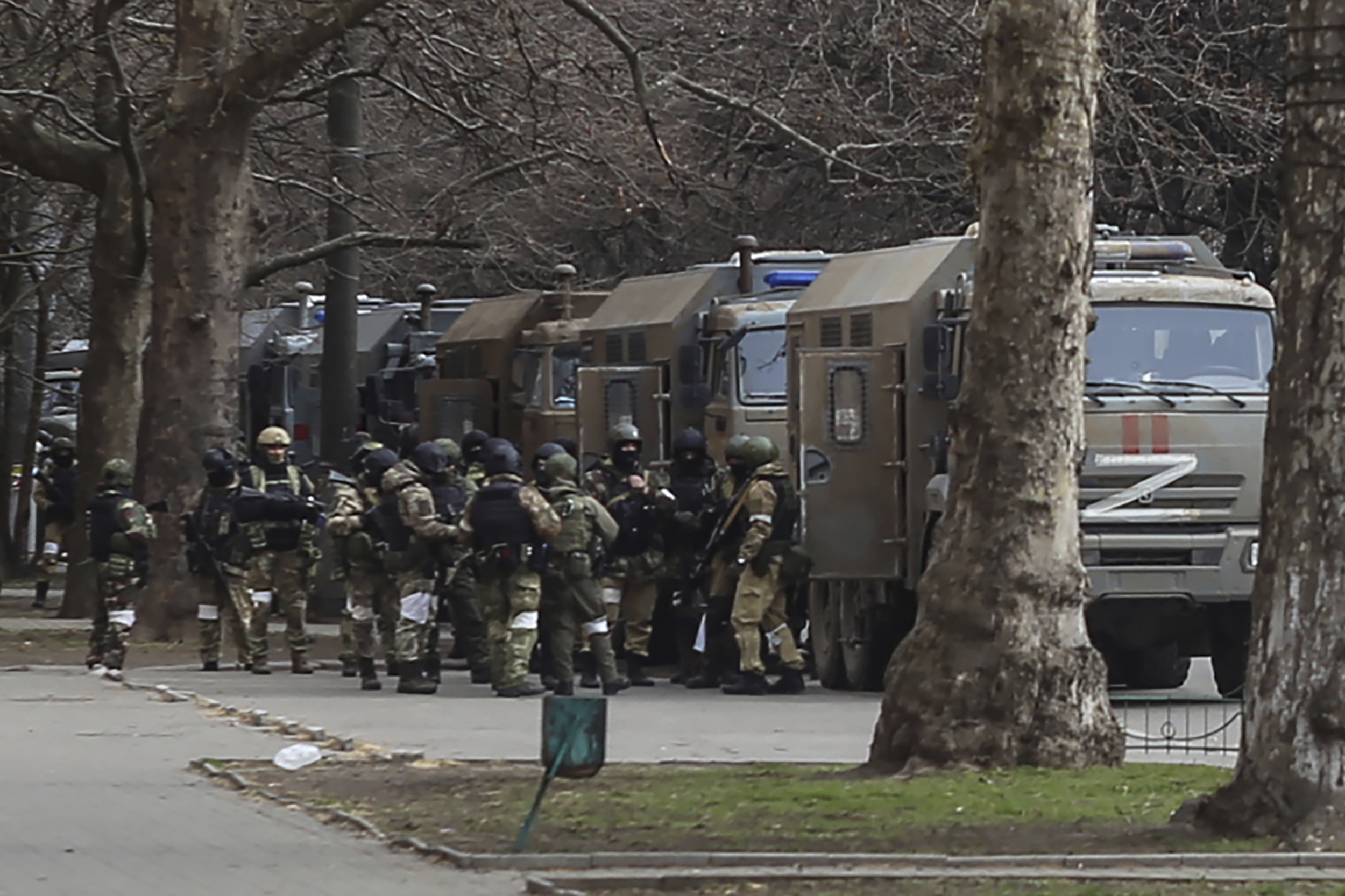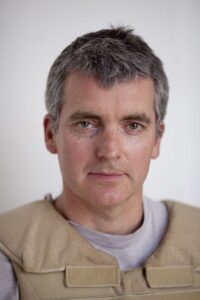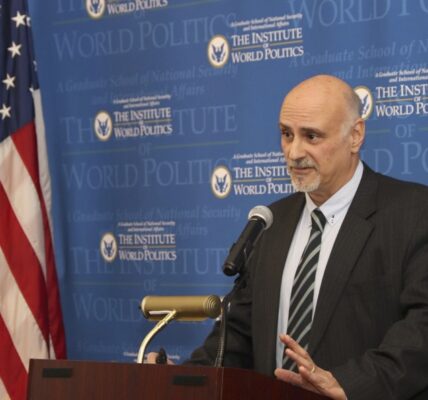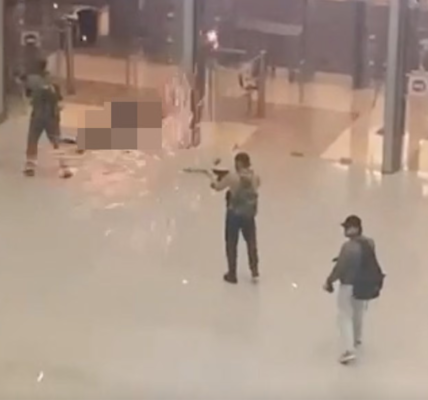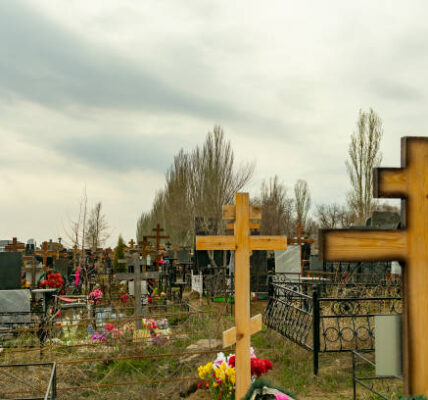Dual national Britons based in Russia face being called up to fight in Ukraine, western officials have warned
An estimated 4,000 British people currently living in Russia have also been warned to leave the country as soon as possible.
The actual number of dual British-Russian passport holders in Russia is unknown but sources have suggested that the number could be in the high hundreds.
The warning follows updated UK travel advice from western officials who said that British nationals holding Russian passports should be aware that they face the possibility of being called up as part of President Putin’s mobilisation programme.
The advice added: “The Russian government treats dual nationals with both British and Russian passports as Russian nationals”
A western official also warned the British people should leave the country as soon as possible. The official said: “Dual nationals may be vulnerable.”
The United States has reiterated its call for US citizens to “immediately” leave Russia after Moscow announced that around 300,000 people would be mobilised to fight in Ukraine.
In a security alert, the US embassy in Moscow said Americans should make their own arrangements to get out of the country “as soon as possible”.
Many British people still in Russia are either married or in relationships with Russians or who have decided that they want to remain in the country.
The sister of a British teacher living in Moscow said she feared she would never see her brother again.
The woman, who asked not to be named, said that her brother had turned his back on the United Kingdom and now sees himself as a Russian rather than a British national.
She said: “I am really worried for my brother’s safety. He has totally bought into Putin’s regime and is convinced that the Russian form of government works. This is something that is very, very difficult for my family.
“My brother has lived in Russia for several years and I gradually began to notice that his views were changing and becoming more extreme.
“He started believing in lots of the conspiracy theories which emerged during the worst of the pandemic and that is when he changed quite radically.
“He admires what he perceives as Putin’s strength and is very disparaging about the UK and other western countries. He is pro-invasion and trots out all the really extreme Kremlin propaganda whenever I speak to him. I don’t think he will ever come back to this country. It is like he has been brainwashed.
“My parents are very elderly, and they are distraught. I am now terrified that he will be either mobilised or volunteer to fight in Ukraine. It’s a nightmare situation.”
The mobilisation has led to a backlash across the country which has seen around 70 mobilisation centres being subjected to arson attacks.
Around 250,000 people have fled Russia since the start of the mobilisation, on top of the 650,000 who had left the country since the start of the war, according to sources.
Western officials also added that the huge outflow of relatively young men from Russia would have an impact on the country, along with the international sanctions which are beginning to bite.
Sources have also said that training up to 300,000 conscripts would be a monumental task for the Russian Army.
A video emerged early this week purporting to show a Russian who was mobilised, sent to the front, and captured within the space of a week. Other troops have been issued with old and often obsolete equipment and have been told to make their own first aid kits.
A British official added that the mobilisation “would not solve the problems” Russia is facing on the battlefield.
Another source said that the civilians being drafted into the Army could be dead within hours of arriving at the front line.
The source added: “Russian military planners will face a dilemma of either very low-quality reinforcements soon or a better-trained force later.
“Russia has effectively exhausted the pool of willing volunteers for combat duty and Ukraine.
“Russian forces have been largely fixed, trying to hold a line effectively across an area the size of Great Britain with very few reserves of any quality.’
It has also emerged that many of the Russian civilians being mobilised come from the poorer regions of Russia such as Dagestan, where in a village of 100 men, 60 were told they were being sent to the front.
Western officials said that no mobilisation of civilians had taken place in Russia’s two wealthiest cities – Moscow and St Petersburg. Students were also not, at the moment, being mobilised.
Meanwhile, it has emerged that western officials believe President Putin is prepared to sacrifice the lives of 20,000 Russian soldiers in a bid to cling onto a major city in southern Ukraine.
Vladimir Putin should withdraw all of troops from the besieged city of Kherson before they are destroyed in Stalingrad-style encirclement, western officials said.
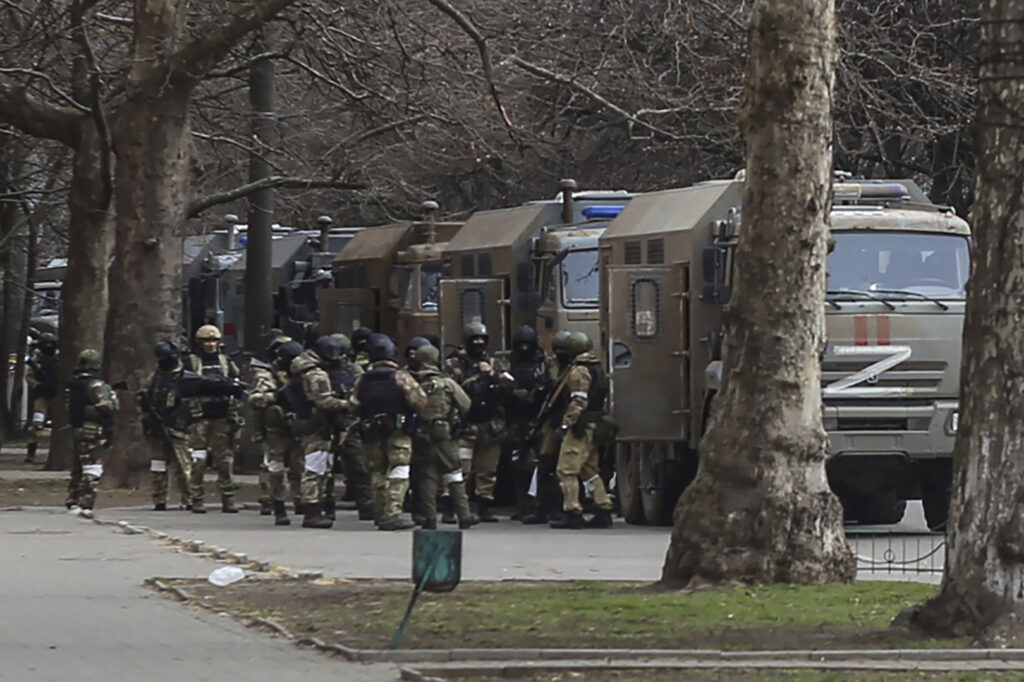
The counter-offensive in the strategically important port of Kherson, the only city to be seized by the Russians in their seven-month campaign, has been underway since August.
Using western-supplied long-range artillery, Ukraine has been able to cut-off the Russian occupiers, which include airborne troops on the western bank of the 1,000-metre-wide Dnipro river.
However, since the recent defeat in the Kharkiv region, with Ukraine seizing back territory the size of Cyprus, Moscow would be extremely unwilling to order a withdrawal.
A western official said: “We assess that Russian commanders will now consider the roughly 20,000[-strong] force on the West Bank to be extremely vulnerable and withdrawal from that ground would make operational sense,” one official said.
“But the area clearly has political significance and it’s the only regional capital that Putin has seized since the start of the invasion.”
But the officials said that Putin would view the surrender of Kherson as a “major failure”.
Instead, Putin expects his beleaguered forces to hold onto the city and fight to the death.
Kherson is a gateway to Crimea which was illegally annexed by Russia in 2014. Its fall to Ukraine could lead to a rout of Russian forces across the entire south of the country.
Western officials suggested a defeat at Kherson would be disastrous for Russia in the same way that the fall of Stalingrad in the Second World War signalled the beginning of the end for the Nazis.
The officials also said that morale was “very poor at every level” in the Russian Army, with an estimated 100,000 troops killed, wounded or who had deserted from the frontline.
Despite the recent Russian battlefield losses which had caused “great concern” in the Kremlin, President Putin “almost alone” still believed that Ukraine could be conquered.
It can also be revealed that Russia does not have enough modern equipment, including boots, uniforms, rifles, and ammunition, to properly equip the 300,000 Russian reservists and veterans who are going to be sent to Ukraine to fight.

